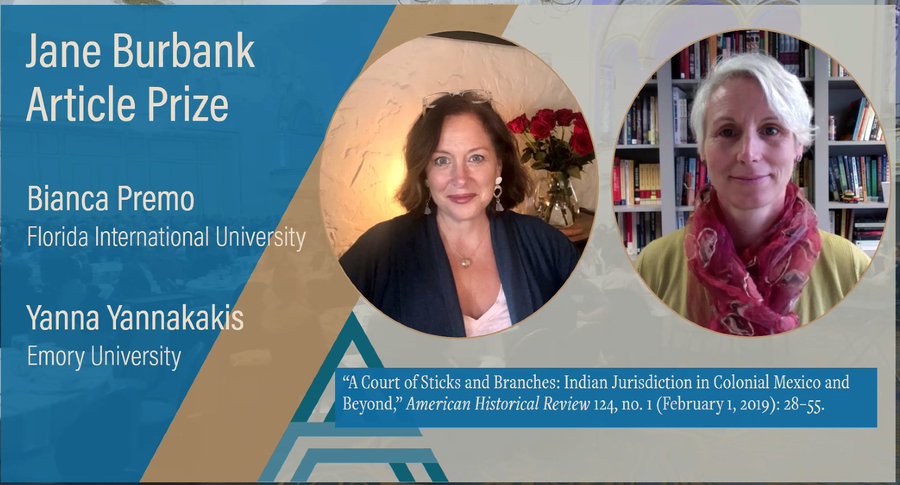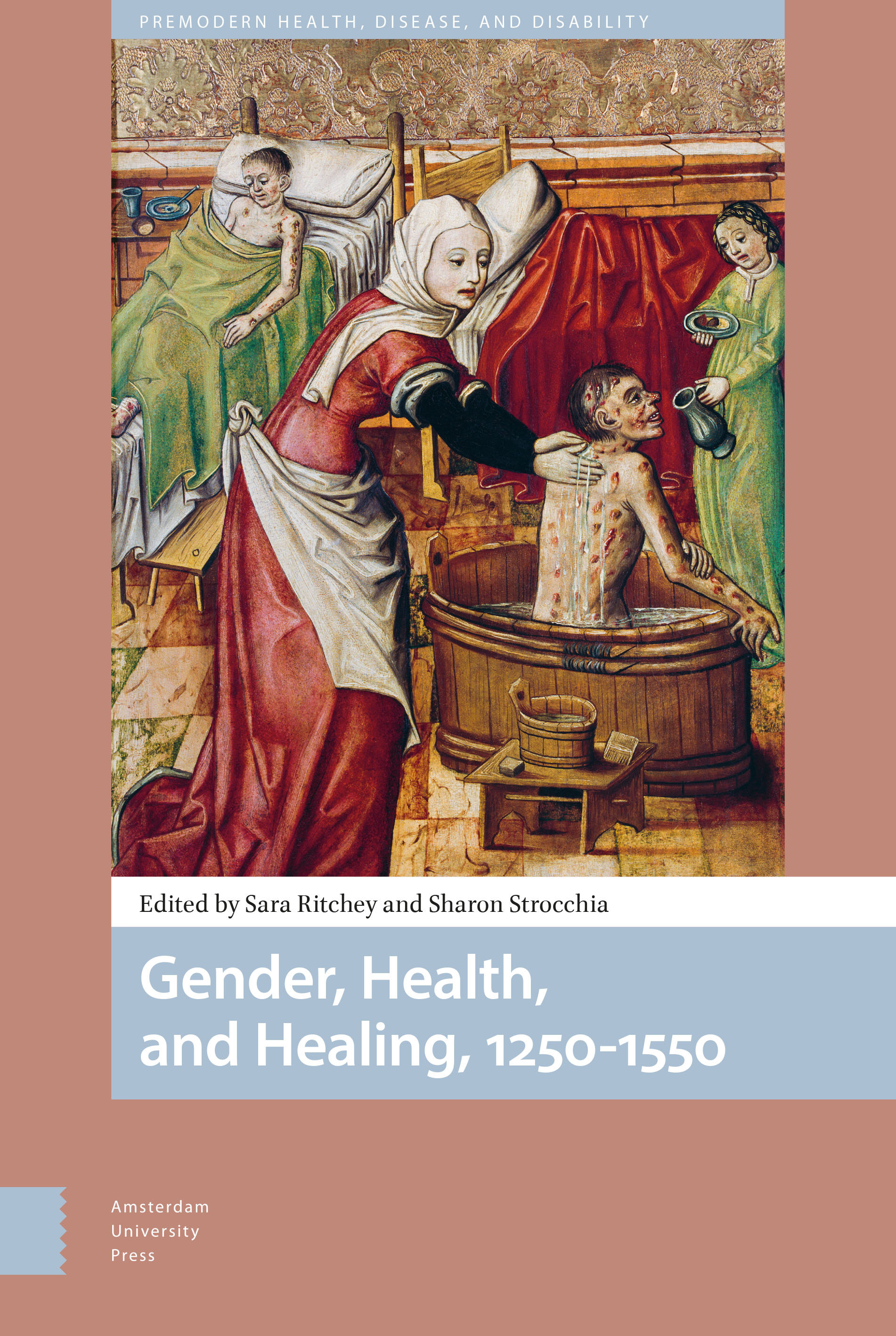Dr. Joseph Crespino, Jimmy Carter Professor of History and Department Chair, was recently quoted in the Atlanta Journal-Constitution article “Divided Georgians resort to tiptoeing, avoidance, unfriending.” Written by Matt Kempner, Shelia Poole, and Andy Peters, the piece discusses contemporary political polarization in the state of Georgia, especially in the wake of the 2020 election. Crespino is an expert in the political and cultural history of the twentieth-century United States and of the U.S. South since Reconstruction. Read an excerpt from the article below along with the full piece here.
Today’s bitter partisanshipis boosted by what people are exposed to, from cable TV news sources to personalized advertising on Google and Facebook, driven by algorithms, said Emory University historian Joseph Crespino. “We don’t look at the same sources of information.”
Communities also are much less politically diverse than they used to be, Crespino said. People are surrounded by others who think like them.
“If you live in Decatur, you’ll have very little understanding of how people in the rest of Georgia could vote for Trump,” he said. “If you live in South Georgia, you can’t understand how people could vote for Biden.”








